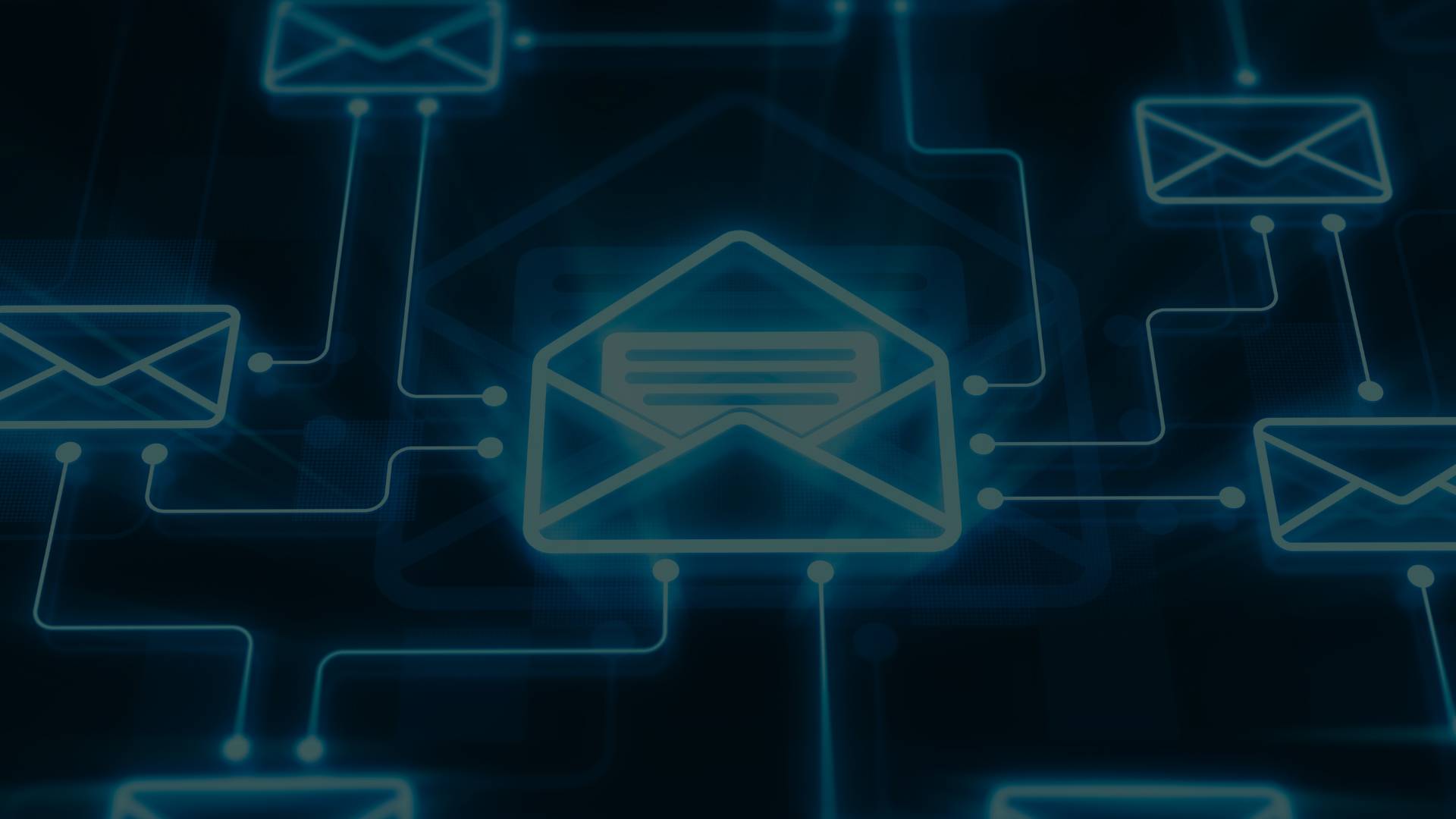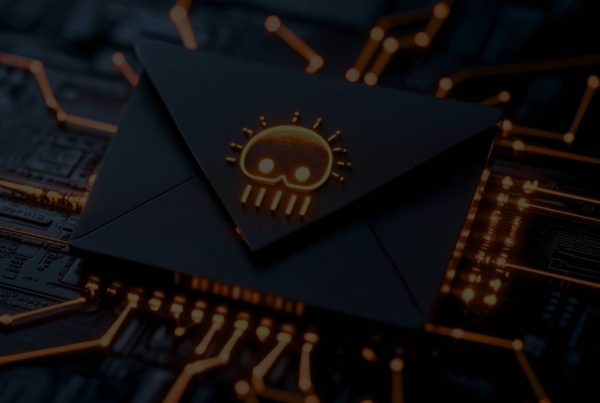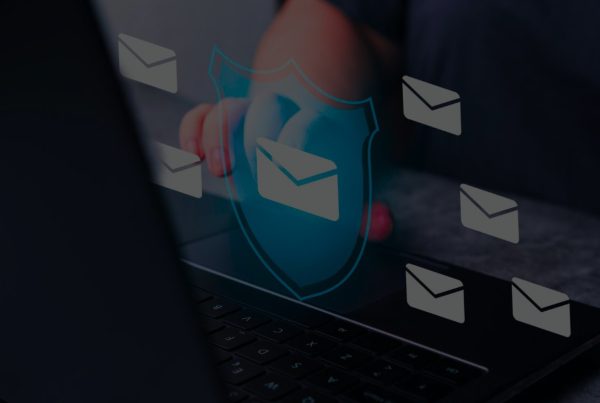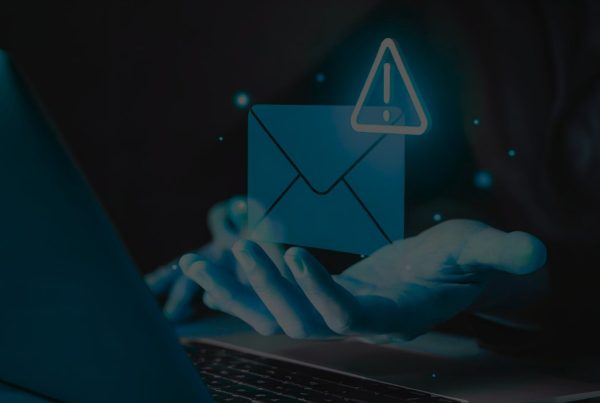The Future of Email Encryption in Business Communication
In today’s digital age, email remains the backbone of business communication. From sending confidential financial data to sharing strategic plans with remote teams, email is used for almost every aspect of corporate life. However, with the rise of sophisticated cyber threats, including phishing, AI-driven social engineering, and Chatbot-based scams, traditional security measures no longer suffice. Email encryption has become a critical layer of defense to ensure the privacy and integrity of sensitive information.
As businesses continue to adopt cloud-based tools and collaborate globally, the future of email encryption is evolving rapidly. With growing regulatory demands and the increasing complexity of cyber threats, understanding the future of email encryption in business communication is essential for any organization aiming to stay secure and compliant.
Why Email Encryption is Vital for Business Communication
Email encryption ensures that the content of an email is readable only by the intended recipient. It prevents unauthorized individuals, including cybercriminals, from intercepting or tampering with sensitive communications. In a business context, this is particularly important for industries that handle personal data, financial information, and intellectual property.
With regulations like GDPR, HIPAA, and CCPA mandating the protection of sensitive information, email encryption has become a key element of compliance strategies for many organizations. Encryption also helps mitigate the risk of data breaches, which can lead to significant financial penalties and loss of customer trust.
Case Study: A Software Company Implements Advanced Email Encryption
A leading software company specializing in cloud-based project management tools faced a growing number of phishing and BEC (Business Email Compromise) attacks targeting its executive team. These emails often appeared legitimate, disguised as internal communications, and sometimes contained links to malicious websites.
The company recognized the need for a more robust email security strategy and decided to implement advanced email encryption. They deployed an AI-powered solution that automatically encrypted emails containing sensitive information, such as financial data or strategic plans. The solution also scanned outgoing emails for potential threats, ensuring that no malicious attachments or links were included in the communication.
By adopting AI-enhanced encryption, the company was able to significantly reduce the risk of data breaches and phishing attacks. Moreover, this solution provided real-time alerts and incident tracking, helping the organization maintain compliance with industry standards and avoid costly fines.
The Role of AI in the Future of Email Encryption
As AI continues to evolve, its role in email encryption is becoming increasingly important. In the past, email encryption was primarily a static tool, simply protecting the email content. However, with the integration of machine learning algorithms and AI-driven tools, email encryption is becoming more dynamic, proactive, and intelligent.
AI-powered email encryption solutions can now detect suspicious behavior in email communications. For example, if an email is sent from a new IP address or involves a request for sensitive data, the system can automatically apply stronger encryption or even alert the recipient about the unusual activity. Furthermore, AI can help organizations maintain compliance by ensuring that only authorized individuals are allowed to access encrypted emails.
Case Study: A Financial Firm Enhances Security with AI-Based Encryption
A global financial institution recently adopted an AI-powered email encryption system to secure communications with clients and partners. Given the sensitive nature of the data involved, including personal financial details, the company needed a solution that would automatically encrypt emails based on the content, context, and recipient.
The AI system quickly analyzed the emails and applied encryption to any that contained sensitive data. In addition, it used behavioral analytics to identify unusual patterns, such as an employee sending financial data to an unauthorized external address. The system flagged these anomalies, giving the security team time to investigate potential breaches before they escalated.
By integrating AI into their email encryption system, the firm not only strengthened its security posture but also ensured compliance with financial regulations such as PCI-DSS and SOX.
Chatbots and Their Role in Email Security
As businesses adopt AI-driven solutions, Chatbots are increasingly being integrated into email systems for customer service, IT support, and internal communication. However, this integration also presents new security challenges. Chatbots, when used maliciously, can exploit email vulnerabilities to trick employees or customers into sharing sensitive information.
To combat this, email encryption solutions are evolving to include specific protections for interactions involving Chatbots. For example, an AI-powered encryption system could automatically recognize a chatbot interaction and apply end-to-end encryption, ensuring that any sensitive information exchanged is protected from external threats.
The Future Outlook: AI-Driven, Context-Aware Encryption
The future of email encryption is bright, with AI leading the charge. Moving beyond traditional encryption methods, future systems will be context-aware, adjusting encryption levels based on the sensitivity of the information being shared. Whether it’s a casual team discussion or a confidential business deal, encryption will adapt to protect data in real-time.
Moreover, as cloud-based email services like Microsoft 365 and Google Workspace continue to dominate the business world, AI-driven encryption will become an essential tool for protecting corporate data in these platforms. SaaS companies, financial institutions, and healthcare providers will rely on advanced encryption methods to stay compliant, safeguard sensitive communications, and defend against sophisticated cyber threats.
Conclusion
The future of email encryption in business communication is intertwined with the rapid evolution of AI technologies and the growing sophistication of cyber threats. For businesses, the need for dynamic, intelligent encryption solutions has never been more critical. As seen through case studies in industries like software development and finance, AI-powered email encryption offers enhanced security, compliance, and peace of mind.
By investing in advanced encryption solutions and embracing AI, businesses can ensure that their email communications remain secure, compliant, and resistant to the growing threats posed by hackers and malicious actors.








